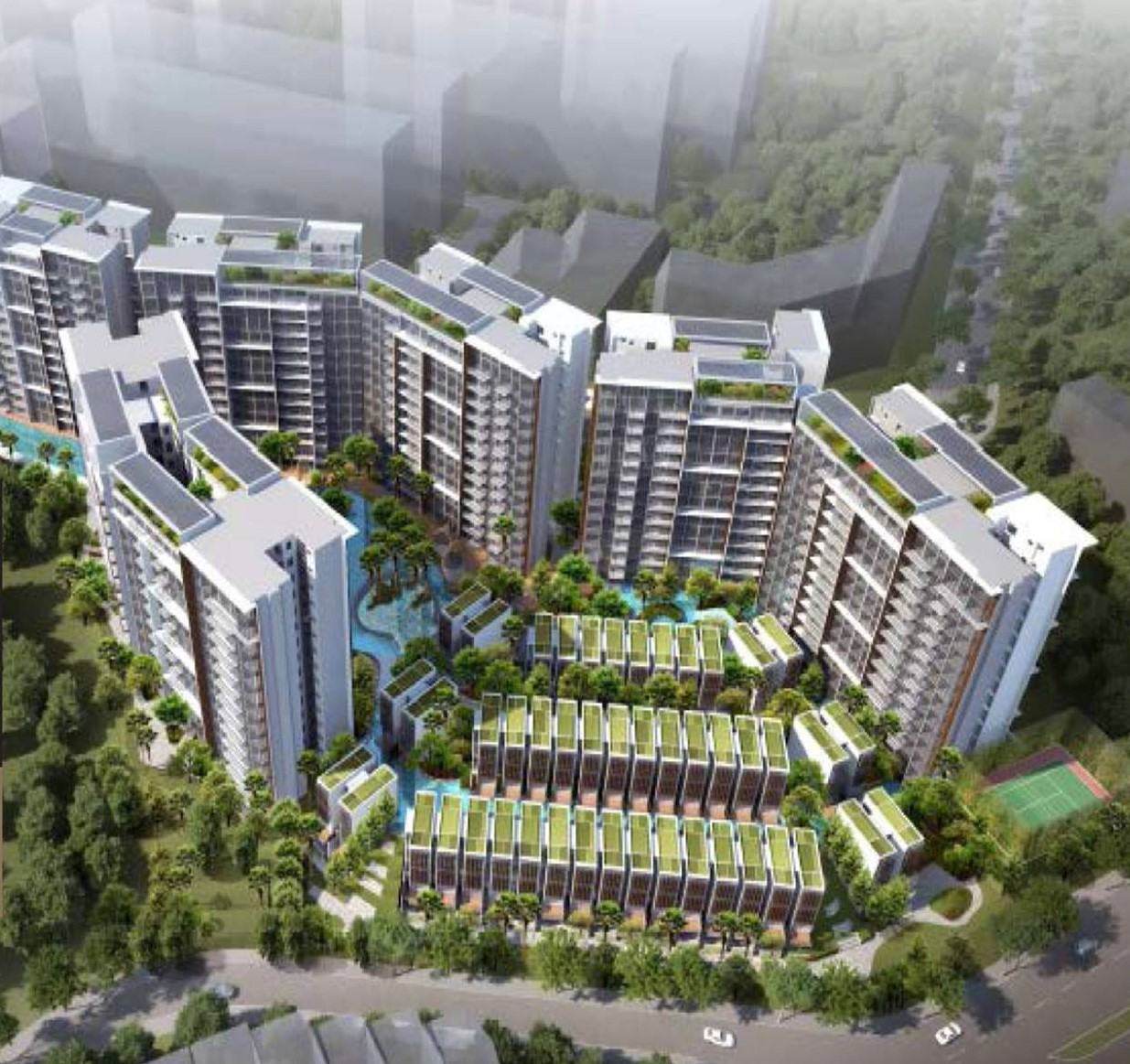In 2018, property investment in Singapore could hit the peak
JLL sees private home prices, office rents and prices continuing to rise for the next couple of years.By Tay Huey Ying.
According to recent JLL data, Singapore's property investment sales market rebounded in 2016, surged to a 10-year high in 2017 and could end 2018 on a record high. By this reason, many developers fell confident and a lot of new property launches in 2018.
Base on its unique proposition, Singapore's property market is return in both short-term and long-term.
In addition, its competitiveness is maintained over time and economic cycles by city-state's future-proofing features. This is a powerful combination given today's turbulent political and uncertain economic climate and against a backdrop of rapid technological transformation.
Short-term dynamism
Singapore's short-term growth prospects are encouraging. There was an increase in economic growth, from 2 per cent in 2015 to 2.4 per cent in 2016 and 3.6 per cent in 2017. In 2018, the Ministry of Trade and Industry said that growth could rise in at above the middle of their forecast range of 1.5-3.5 per cent. On the other hand, most economists are forecasting this growth will increase above 2.5 per cent in 2019 and 2020.
The high growth rate is the great signal with Singapore's real estate market. This rate is not only attract the local developers but also have an positive affection on the partnership aspect. It means that many Singapore new launches are developed by the joint venture of local developers and oversea developers. Similarly, office rents and prices are expected to chart higher ground until the next wave of supply comes on stream from 2020.
Recorded in 1Q15, within the next 12 months, the rent price for Grade A buildings in the CBD potentially hitting their high record of S$10.56 per sq ft per month. Prices are expected to move in tandem with rents given the current sticky yields. The intense competition causes by technological disruption amid high operating costs and weak consumer sentiment in three years. After these challenging years, the retail property market appears to be finally emerging from the slump.
In three years in 1Q18, rents and prices entered positive territory for all regions tracked by the URA for the first time. Besides that, the industrial property market is in similar situation. It is showing signs of bottoming out, with the JTC islandwide rental index clocking two consecutive quarters of modest 0.1 per cent quarter-on-quarter correction in 4Q17 and 1Q18.
Long-term focus
Today, Singapore is a "promise land" for startups, innovation and talents. Microsoft, LinkedIn, Twitter, Facebook and Airbnb, which are the world's largest technology companies, have set up regional headquarters here. Google, HCL and Infosys have set up their R&D centres here. An active education system will also ensure a pipeline of talent to maintain a stronghold in research.
Clearly, Singapore is positioning itself to stay competitive in a rapidly changing global economic landscape. In the long-term, this will form the bedrock for a steady real estate market.
Both short-term and long-term vision will have the positive impact to the real estate market. More and more amzing new property launches are prepared and will adapt for the different needs of specific customers.Moreover, potential home-buyers are also have more choices based on their needs and abilities.
The writer is head of research and consultancy, JLL Singapore.
Adapted by TheBusinessTimes, May 12, 2018


